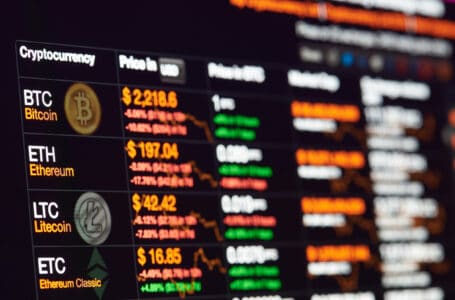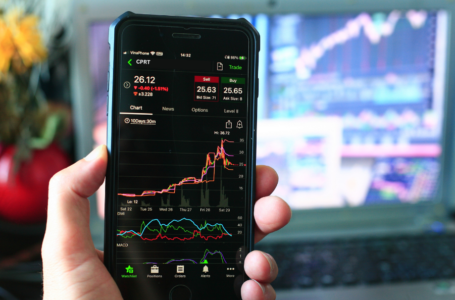Understanding the Market’s Perspective on Battling Inflation
Inflation is a persistent concern for both consumers and investors alike, as it erodes the purchasing power of money over time. Understanding the market’s perspective on battling inflation is crucial to make informed decisions and mitigate its impact. In this article, we will delve into the insights the market offers on inflation and explore the strategies that can be employed to combat this economic phenomenon.

Market’s Insights on Inflation: An In-depth Analysis
The market’s perspective on inflation provides valuable insights into the dynamics and implications of rising prices. Firstly, market participants closely monitor key economic indicators such as the Consumer Price Index (CPI) and Producer Price Index (PPI) to gauge the rate of inflation. By analyzing these indicators, investors can assess the potential impact of inflation on various sectors and make informed investment decisions.
From the market’s viewpoint, inflation affects different sectors differently. Some industries, such as commodities and energy, tend to benefit from rising prices. This is because inflation often leads to higher demand and prices for essential resources. On the other hand, industries that heavily rely on borrowing, such as real estate and construction, may face challenges due to rising interest rates, which are often implemented to combat inflation. Understanding these sector-specific effects of inflation is crucial for investors to allocate their resources strategically.
Furthermore, the market’s perspective on inflation is shaped by expectations about future price levels. If investors anticipate a sustained increase in inflation, they might adjust their investment strategies accordingly. For instance, they may choose to invest in assets that historically perform well during inflationary periods, such as precious metals or inflation-protected securities. Recognizing the market’s sentiment and incorporating it into investment decisions is vital when navigating through an inflationary environment.
Strategies to Combat Inflation: A Comprehensive Overview
To counter the negative effects of inflation, market participants employ various strategies. One commonly used approach is diversification. By spreading investments across different asset classes, such as stocks, bonds, and commodities, investors can mitigate the impact of inflation on their portfolios. Diversification helps to ensure that if one asset class underperforms due to inflation, the others may compensate for it.
Another strategy is investing in inflation-hedging assets. These assets tend to either maintain their value or appreciate during inflationary periods. Examples of such assets include real estate, commodities like gold or oil, and Treasury Inflation-Protected Securities (TIPS), which are designed to provide a return that outpaces inflation. By including these assets in their portfolios, investors can protect their purchasing power against inflation.
Additionally, investors can consider adjusting the duration of their fixed-income investments. Inflation erodes the value of fixed-income securities, such as bonds, over time. To combat this, investors may opt for shorter-term bonds or bond funds with lower durations. These investments are less sensitive to interest rate changes, which are often implemented to curb inflation. Thus, adjusting the duration of fixed-income investments can aid in mitigating the impact of inflation on investment returns.
Understanding the market’s perspective on battling inflation is crucial for both consumers and investors. By analyzing economic indicators, recognizing sector-specific effects, and considering market sentiment, investors can make informed decisions to navigate through an inflationary environment. Moreover, employing strategies such as diversification, investing in inflation-hedging assets, and adjusting the duration of fixed-income investments can help combat the negative effects of inflation. By staying informed and implementing appropriate strategies, individuals and businesses can better protect their financial well-being in the face of inflation.
AllIn1Bitcoins works diligently to offer impartial and trustworthy data on cryptocurrency, finance, trading, and stocks. Nonetheless, we are unable to furnish financial counsel and encourage users to undertake their own inquiries and due diligence.












